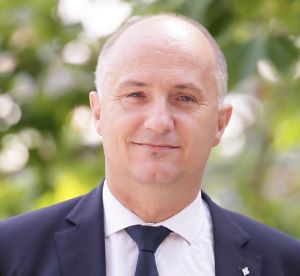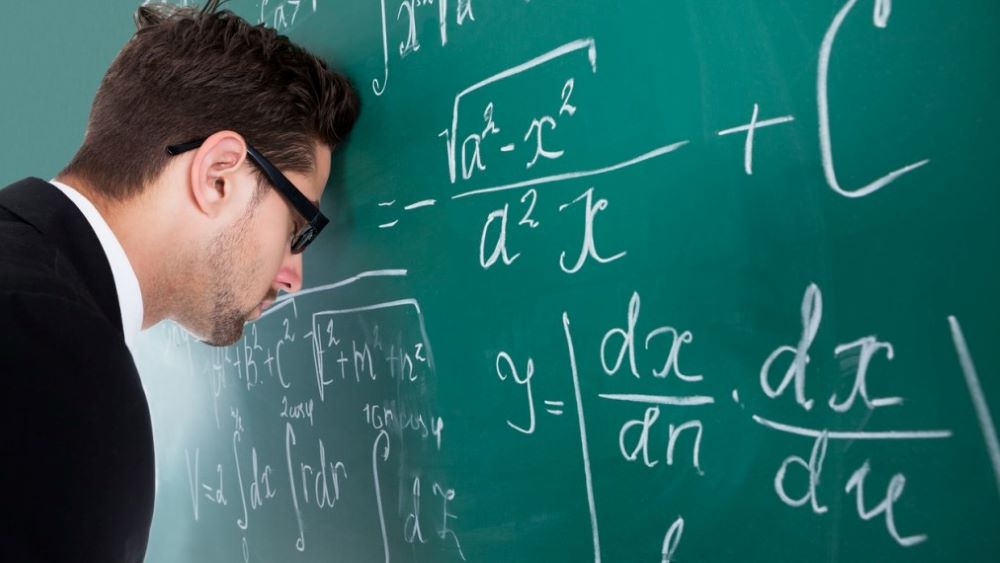There used to be a saying “everything changes except for the classroom”. I say “used to”, because nowadays a classroom is no longer the classroom.

Prof. Senad Alic
Looking back at the beginnings of my professional career in education, I have a feeling that as I’d walk down the street I would brag to everyone I’d meet that I was “even” a high school teacher. I was proud.
As time went on, colleagues who were retiring would say that they were “just” teachers.
I was pondering why it was an even for me and a just for them.
I asked this question at a conference that discussed the teacher and their role. Education helps the child use what it has learned in a humane and benevolent way. Education is the filter for how each person will react. I have always cited the example of Nobel, who invented explosives for noble purposes, and yet where both parental and school education failed, explosives were used to demolish, kill, and for bad purposes.
I have 27 generations of students behind me, and I am searching for the results of my work. I meet my former students. I currently work as the Headmaster of the Sarajevo School of Science and Technology, my superior is a former student, and four of my former students are among the employees. I reckon that if I had been an arrogant, difficult professor, a stubborn one, my current employer would certainly not have hired me, and my former students would not have wanted to be part of that team. The former students I meet smile at me. There is something left, that’s my “even“.
Throughout my career I’ve worked on several projects in which I got to know the educational systems of different countries of the world; I experienced international IBDP programs, the Cambridge program, and everywhere a teacher is – the teacher. That’s universal.
There used to be a saying “everything changes except for the classroom”. I say “used to”, because nowadays a classroom is no longer the classroom. A blackboard and chalk are no longer the basic tools for working in class, a book is no longer the only source of knowledge, there is no more memory-learning. The child is the focus, but it finds itself in a mass of technological innovations, aids that influence the development of each child.
Does the student still remain in our focus, is pedagogy still the basis of working with the child at school?
It should be. Even today, there should be a human touch, live contact, a conversation with the student in order to support them in their growth and development. The modern way implies that children use social media, online sources, and various tools. All of this influences the creation of a young person’s personality, determines their lifestyle, priorities. How do we respond to contemporary sources that a young person uses, while making sure it is to their benefit?
Doing educational work, I often say, is a “one man show”. We have to offer knowledge, quality, work out the methodology, we need to reach the child, be part of the educational process of a young person.
Not everyone can do that or knows how. There are fewer and fewer students at teaching faculties (low salaries, devalued role of teachers, pressure from parents, teachers have become administrative workers). Being a teacher is no longer perceived as an “even” but “just”, as I said at the beginning of this text, but I am an incorrigible pedagogue who is aware of his role. I still think that being a teacher is an “even”, and that it is a noble and humane occupation whose pedagogical significance has been developing since ancient Greece.
Senad Alić, director of the Sarajevo Gymnasium School of science and technology



Leave A Comment